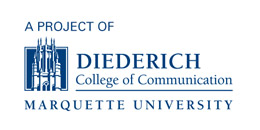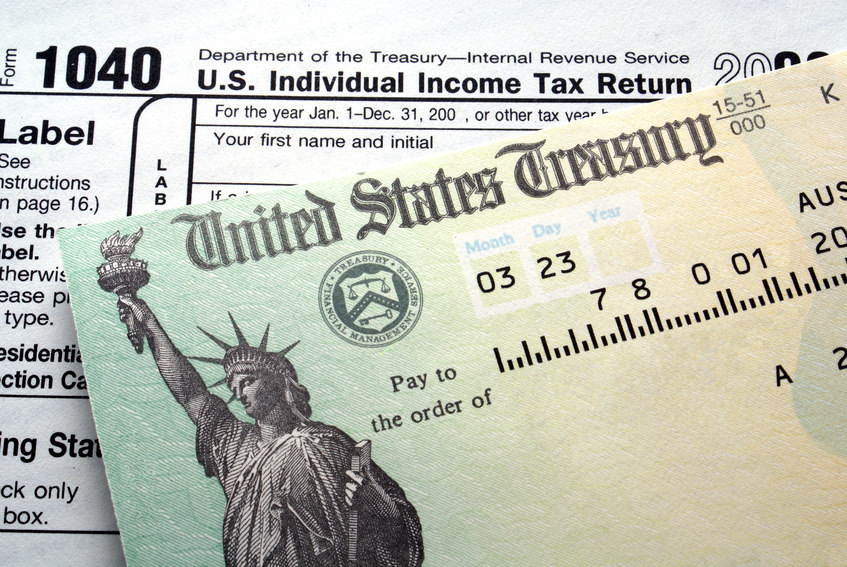
Scammers commonly pretend to be government agents, lawyers, debt collectors or police officers. Your best bet is not to engage with them—hang up the phone, delete the email or shut the door. If you are approached, you can report scams to the Better Business Bureau Scam Tracker.
In 2015, scams such as these cost consumers more than $1 million. Each one typically involves contact from people you do not know, about matters you know nothing about.
Tax scam
You receive a phone call from someone who claims to be with the Internal Revenue Service. The person claims you owe money in back taxes and will be arrested or face legal consequences if you do not pay, by wire or prepaid debit card. The caller ID is falsified to appear to be from a government agency or the police.
Debt collection scam
You receive a phone call from someone falsely claiming that you have an unpaid debt. You are threatened with garnishments, lawsuits or even jail time if you do not pay immediately. The scammer will often falsify his or her caller ID and pretend to be a government agency or law enforcement agency.
Sweepstakes scam
You receive a call, letter, or email falsely claiming you have won a sweepstakes prize. You are instructed to send a fee to cover expenses associated with delivery, processing, or insurance related to your prize. In this scam, the prize is not real. In any case, you should never have to pay money to claim a prize.
Tech support scam
You are contacted by “technicians” falsely claiming to have detected a virus or security threat on your computer and, for a fee, can log in to your computer and correct the problem remotely. These callers are actually hackers trying to steal money, personal information or sensitive computer passwords, or damage your computer with malicious software.
Government grant scam
You receive a phone call, email or letter informing you that you qualify for a phony government grant. In order to receive the grant, you are instructed to pay a processing or delivery fee, usually by wire transfer or prepaid debit card.
Advance fee loan scam
While searching online for loan information, you see an ad and click on it. At the ad’s web site, you fill out an application and later receive an email or phone call advising that you’re approved for the loan, but you must first send a processing fee, security deposit or insurance. You pay the “fee,” but never see the loan.
Credit card scam
The scammer pretends to be from your bank or credit card issuer, falsely claiming you are eligible for a lower interest rate, or that the bank needs to verify a recent transaction. The scammer hopes to obtain your credit card number and security code through this call.
Work from home scam
While looking for a job online, you answer an ad claiming that you can earn large sums working from home. The job may be stuffing envelopes, posting advertisements or shipping packages. You could have your identity stolen when you fill out the employment forms, or even end up handling stolen merchandise.
Fake check/money order scam
This can happen any time someone is paying you for goods or services, even online. You receive a check in the mail that is for an amount greater than what is owed, and you are asked to deposit the check and wire the difference. The check is a fake and, when it bounces, you are out the money you paid.
Lottery scam
You receive a call, letter or email advising that you have won a large amount of money in a foreign lottery, but you have to first pay taxes and fees. Such lotteries are illegal. You may be sent a check as partial payment, but the check will be counterfeit.







Leave a Reply